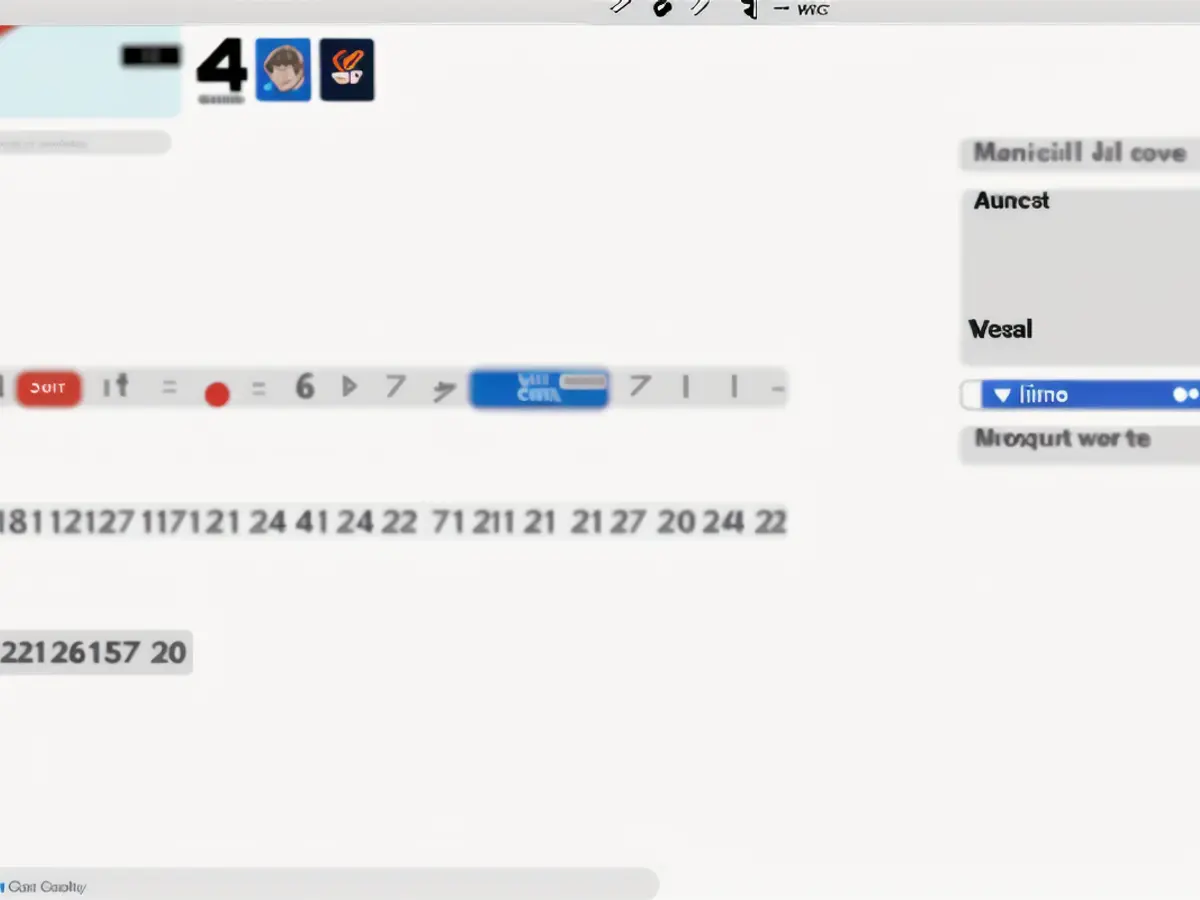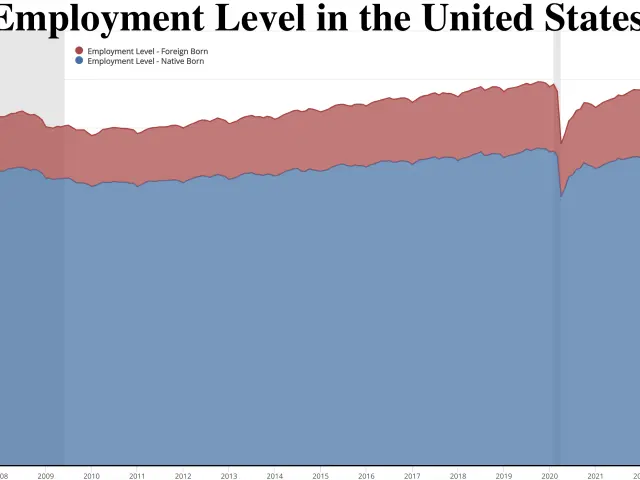Amazon to Centralize All Alexa Voice Requests via Their Servers
New and Improved Alexa Raises Privacy Concerns
Get ready for an upgraded Alexa experience with the introduction of Alexa+, a new AI service coming soon to Prime users (or available for $20 per month on its own). But as excitement builds, privacy concerns are arising regarding Echo devices.
In an email dated March 15th, Amazon shared its plans to discontinue local processing for Alexa requests on Echo devices. This means every requests—from something as simple as "turn off the lights" to more complex commands—will now be sent to Amazon's cloud servers. This change takes effect on March 28th, and it includes all spoken commands to Alexa in Echo speakers and smart displays.
The Why and How
According to Amazon's email (courtesy of Ars Technica), this change is due to the development of Alexa's new generative AI features. In the email, Amazon explains that local processing can no longer support these advanced capabilities.
The focus is on Alexa Voice ID, a feature highlighted as a key aspect of Alexa+. It allows Alexa to recognize individual users and tailor its responses accordingly. However, even if you choose not to enable Alexa+ or Voice ID, local processing will still be discontinued.
Privacy Concerns Galore
This shift has sparked numerous privacy concerns. The thought of a tech giant potentially listening in on all requests made through its devices can be disturbing, especially when users have no control over the situation.
Currently, Echo users don't have many options. They can either continue using Alexa's features while compromising their privacy or completely abandon the system. Keep in mind, Alexa is an integral part of many users' smart home systems.
Amazon does assure users that all recordings are encrypted and deleted after processing. However, given Amazon's past incidents involving Alexa voice recordings, trust is difficult to come by.
For instance, in 2023, Amazon paid $25 million in a settlement over allegations that the company had stored children's voice recordings forever and provided employees access to this data, as well as footage from Ring cameras [1][2]. Moreover, it was discovered that Amazon was utilizing real conversations in Alexa to train its AI [3]. Earlier, the company admitted to having its employees listen in on audio conversations [4].
A Less Valuable 'Don't Save Recordings'
Previously, users had the option to prevent their requests from being sent to Amazon servers ("Do Not Send Voice Recordings") and not save them ("Don't Save Recordings"). Now, Amazon is essentially removing the latter choice, effectively disabling it if you want your device to function optimally.
Interestingly, the "Don't Save Recordings" toggle is also linked to the Voice ID feature. Enabling this feature allows Alexa to recognize individual users and provide personalized responses, while disabling it affects the device's overall utility. Your voice commands for calendar events, reminders, or music might interfere with other users' commands in your home.
In essence, you no longer truly have a choice. You can either let Amazon process, save, and use your recordings as they see fit, or lose out on the Voice ID feature, limiting the product's usefulness—all while still sending your requests to Amazon's servers.
Sources
- Ars Technica: https://arstechnica.com/information-technology/2023/03/amazon-guts-local-processing-on-alexa-for-new-ai-features/
- Engadget: https://www.engadget.com/amazon-to-remove-local-voice-processing-for-alexa-requests-as-it-focuses-on-generative-ai-214221091.html
- Bloomberg: https://www.bloomberg.com/news/articles/2023-03-16/alexa-is-about-to-get-more-personalized-but-at-what-cost
- The Verge: https://www.theverge.com/2021/5/28/22458916/amazon-alexa-privacy-alexa-voice-recordings-employees-listening-whistleblower
- The shift towards cloud-based processing for Alexa requests on Echo devices in 2023, despite the previously available on-device processing, is a significant step for tech giant Amazon, raising privacy concerns as all spoken commands will now be sent to Amazon's servers.
- Highlighting the deal between tech giant Amazon and the mismanaging of user data, the 2023 settlement of $25 million was paid due to allegations of storing children's voice recordings indefinitely and providing employees access to this data, as well as footage from Ring cameras.
- With the removal of the option to "Don't Save Recordings" for Alexa users, the deal between the user and Amazon becomes less favorable in 2023, as Alexa+ users will inevitably have their recordings processed, saved, and used by Amazon, while non-Alexa+ users compromise the Voice ID feature's functionality.










